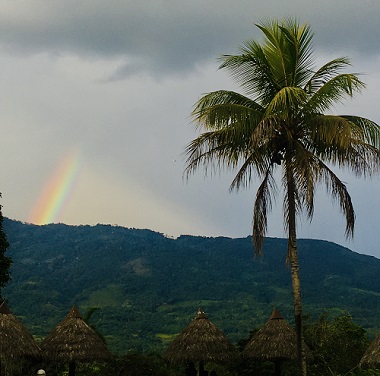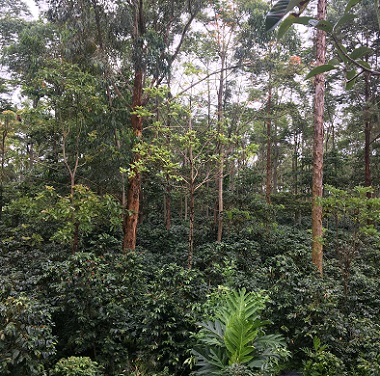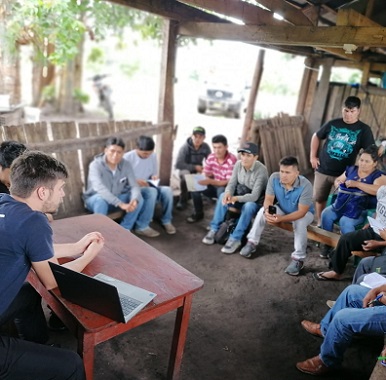Work Plan in Moyobamba, Peru

Peru
Moyobamba province
The Republic of Peru is a country in South America in which coffee is the main agricultural export product. It is a wonderful country that has a multitude of still virgin areas, which has pure varieties of coffee and of which we highlight the great diversity of nature.
On this occasion we traveled to the province of Moyobamba, which is located in the northern part of the department of San Martín, in the jungle region of Peru (specifically in the Selva-Selva Alta region). The altitude of the area is from 1000 to 1700 meters and the climate is temperate and humid tropical throughout the year with a temperature that ranges between 18ºC and 28ºC being the current average of 24ºC. The exuberant and dense vegetation makes this area a place of incalculable potential for agricultural development.
Farm
Alto Mayo Cooperative
The objective of the trip is to agree on a three-year work plan with the Alto Mayo Coffee Growing Cooperative. A plan whose purpose is to develop the production of high and very high quality coffee with a producer organization whose principles and values are focused on developing a sustainable coffee growing that benefits the associated families and that helps the development of the communities in the area.
Alto Mayo is a young, very dynamic cooperative whose great part of the workers: managers, engineers, field technicians, etc. they are young people under the age of 30. These are people with a lot of energy, passion and the desire to work differently to obtain a different product.
Without a doubt, the Alto Mayo cooperative is an unbeatable partner for a great project.


Training
10 Young Producers
To start the new R&D project we do it with a first group of 10 producers who have passion, concern and a great desire to work.
Producers from different farms meet at Finca Soritor and start with a basic course in which we talk about the correct techniques for harvesting the fruits (optimal time of ripening and appropriate cut types) and new methods of fermentation and drying.
On the other hand, we also carried out a course on sensory analysis of coffee. During this course a group of producers, together with tasters and technicians from the cooperative field, have been able to learn the official coffee cupping protocol and try very different profiles of different coffees in the world (Kenya, Brazil, Ethiopia, Nicaragua and Colombia) prepared with new techniques.

